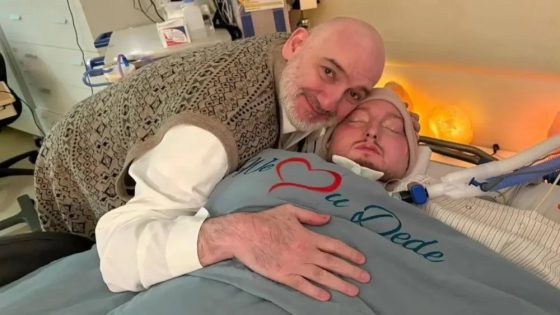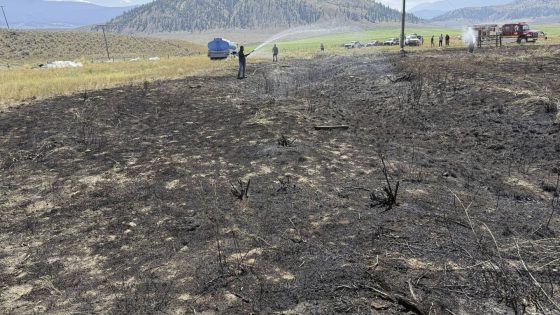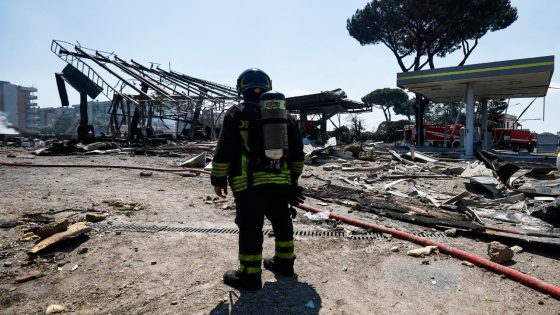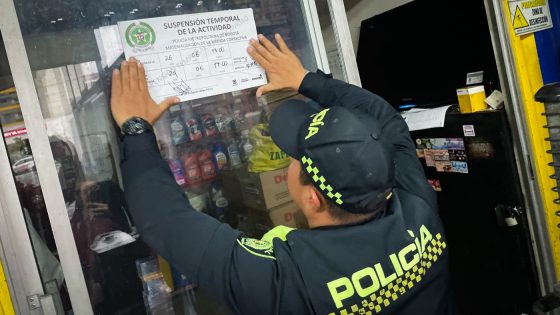Saudi Prince Al-Waleed bin Khaled bin Talal, known as the Sleeping Prince, has died at age 36 after spending nearly 20 years in a coma. The royal court announced his passing on 2025-07-19 22:26:00, confirming the tragic News that has resonated globally.
- Saudi Prince Al-Waleed bin Khaled has died.
- Known as the Sleeping Prince after a coma.
- Accident occurred in London at age 15.
- Family maintained life support for 20 years.
- Occasional movements reported during his coma.
- Death followed a viral hoax about waking up.
Al-Waleed suffered severe injuries from a traffic accident in London at just 15 years old, leading to a coma that left him unresponsive for two decades. Despite the family’s unwavering support and hope, his death marks the end of a long and heartbreaking chapter.
This tragic event raises important questions about the nature of hope and the limits of medical intervention. How do families cope with prolonged uncertainty? What lessons can we learn from such cases? Consider the following points:
- Long-term care can be a heavy emotional and financial burden.
- Public interest in such stories often reflects broader societal attitudes towards disability.
- Advancements in medical science continue to challenge our understanding of consciousness.
As we reflect on this profound loss, it is crucial to advocate for improved support systems for families facing similar challenges. How can we better prepare for the unexpected in our own lives?
































